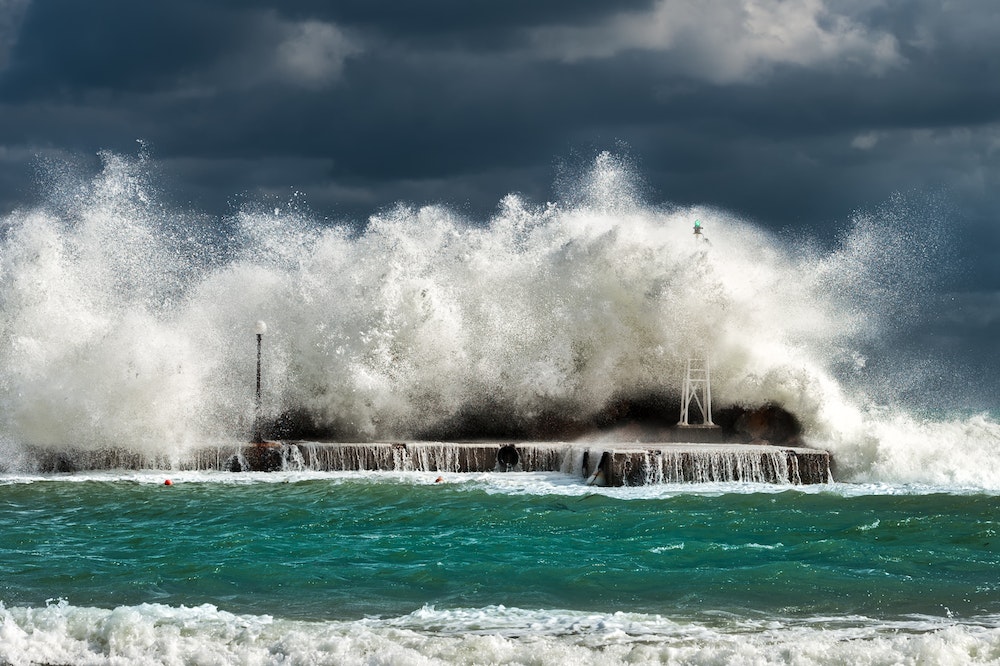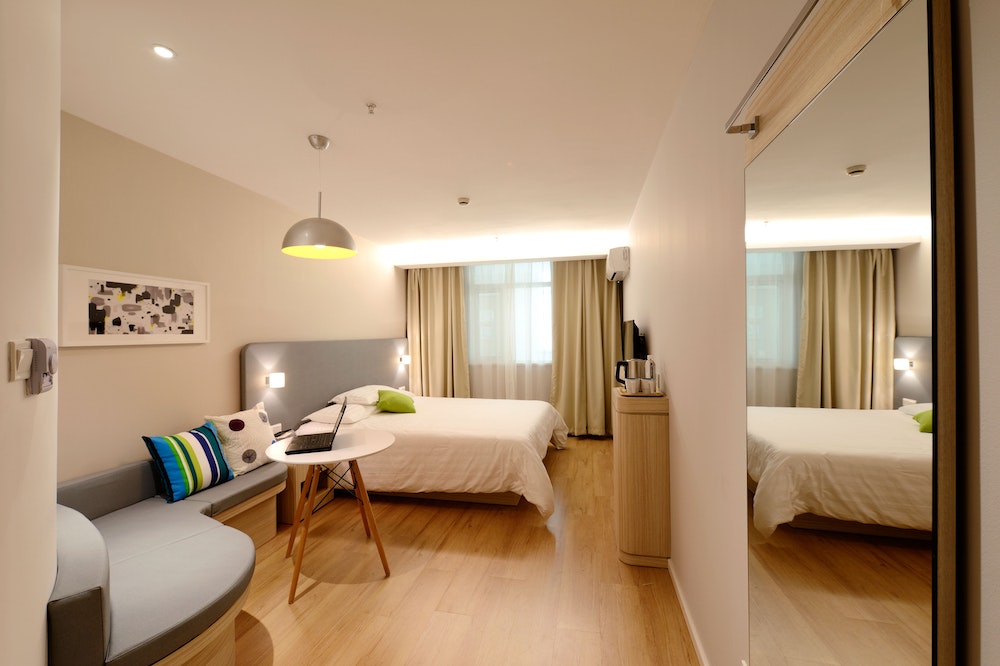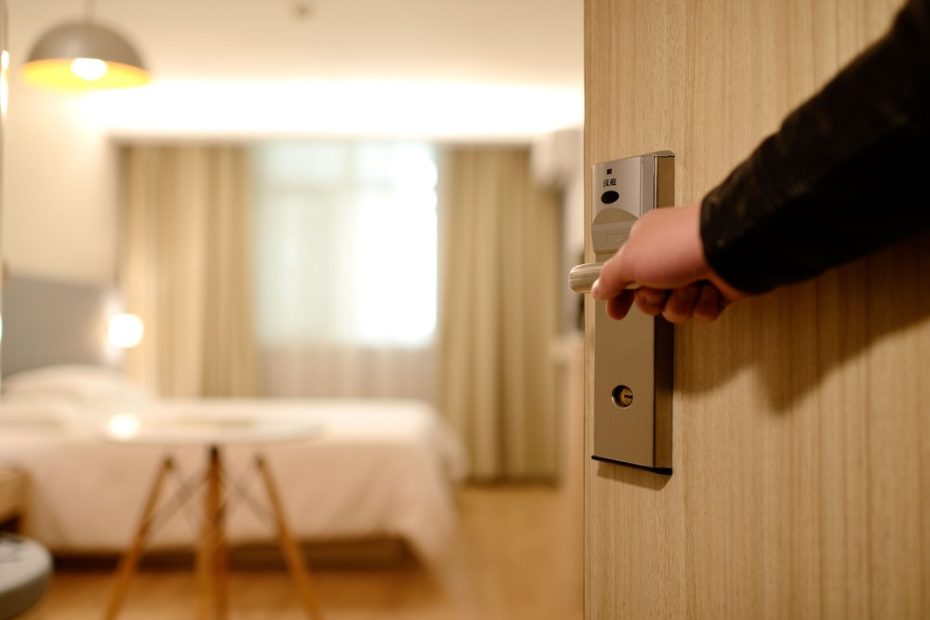Whenever you find yourself waiting at the airport, it’s essential to know that you have a right to care. It refers to certain services you are entitled to in case of flight disruptions such as flight delay, last-minute flight cancellation and denied boarding due to overbooking. If your wait is 3 hours or more, you should receive complimentary meals and drinks. If there is an overnight delay, Transavia should provide you with a free hotel stay.
Read on to learn more about your rights.
Right to Care From Transavia
According European law, air passengers have a right to care.
This means that passengers traveling with European airlines have the right to receive care and assistance, which Transavia offers for most of its flights to and from Europe. This is mandated by Regulation (EC) No 261/2004.
For Short Delays (3+ Hours)
You can get: food and refreshments.
In cases where your wait extends to three hours or more during the daytime, Transavia is required to offer you complimentary meals and refreshments. Additionally, you’ll have access to two free communication services, which could be phone calls, emails, or faxes.
All of this usually is facilitated through coupons.
For Long Delays (Overnight)
You can get: food, drinks, hotel stay and airport transfer.
Should your flight experience an overnight delay, Transavia takes responsibility for your well-being by providing free accommodation, free airport transfers, as well as free food and drinks. If you haven’t been informed about these arrangements, please contact Transavia as soon as possible.
How to Get Complimentary Food and Hotel Accommodation?
For extended delays at the airport, Transavia should automatically cater to your basic needs such as providing meals and arranging for your hotel accommodation and airport transfer. These should be made available to you during the waiting period without any need for you to ask for them.
If these services are not provided, it’s crucial to reach out to the Transavia customer service counter and inquire about them. The airline is obligated by European law to provide these services at no cost for qualifying delays.
In rare instances, if the airline fails to cater to these requirements, you might have to make arrangements on your own. Preserve all receipts and proofs of purchases related to meals, beverages, transfers and hotel stays. Once you have these, you can lodge a reimbursement claim with Transavia, outlining your expenses incurred during the delay.
Make sure to provide all necessary details to expedite the reimbursement process.

Extraordinary Circumstances
First, let’s clarify what we mean by this term.
What Are Extraordinary Circumstances?
Extraordinary circumstances are events that are outside the airline’s control.
These might include severe weather disruptions, non-airline related strikes, security threats, political unrest or hidden manufacturing defects that pose a threat to flight safety.
In such situations, despite the difficulties faced by every single passenger, the airline isn’t required to compensate as they are exempt under Regulation (EC) No 261/2004. However, the right to care, as stated above, still holds.
Are Technical Problems Considered Extraordinary Circumstances?
Mostly, technical issues are not regarded as extraordinary circumstances under Regulation (EC) No 261/2004. The regulation explicitly mentions that technical glitches arising from the airline’s regular operations aren’t considered extraordinary, as they lie within the airline’s control.
Such issues cannot be used as an excuse to evade providing compensation or care to passengers.
However, if it’s a hidden manufacturing defect that threatens flight safety, this may be classified as extraordinary. This is because such situations are rare, pose an immediate threat to the safe operation of the aircraft and aren’t part of the airline’s regular technical operations.
Right to Care in Extraordinary Circumstances
Even in the case of extraordinary circumstances, passengers have the right to care.
While Transavia may not be required to compensate for delays or cancellations caused by factors beyond their control, they are still obligated to ensure your comfort during the waiting period. Provision of food, refreshments, and accommodation, in case of significant delays, falls under this obligation.
The same principle applies when it comes to offering an alternate mode of transportation in case the flight gets cancelled – you have a right to that. You have a right to that new flight.

Right to Care: FAQ
In this section, we will address some of the most commonly asked questions about passengers’ right to care during flight delays and cancellations with Transavia.
What Is the Right to Care?
The right to care refers to the obligations airlines have towards their passengers in the event of flight delays, overbooking, and flight cancellations. As per European law, airlines like Transavia are mandated to ensure passengers’ comfort during such circumstances, including offering free meals, refreshments, and accommodation during significant delays.
How Do I Get My “Right to Care” If My Flight Is Delayed?
If your Transavia flight is delayed by 3 hours or more, the airline should automatically provide you with necessary amenities such as free meals, refreshments, and accommodation for overnight delays.
If these services are not offered, you can reach out to the Transavia customer service counter at the airport or online, or cover the cost of these services yourself and later file a claim for reimbursement.
Do I Have the Right to Care If My Flight Is Cancelled?
Yes, if your Transavia flight is cancelled, your right to care still stands.
Transavia is obligated to provide you with meals, refreshments, and accommodation (if required), along with an alternative mode of transportation to reach your destination. If the cancellation occurs due to the airline’s negligence, you may also be entitled to flight cancellation compensation.
Are Extraordinary Circumstances an Exception to the Right to Care?
No, even in extraordinary circumstances that are beyond Transavia’s control, your right to care still applies. This means that if your flight is delayed or cancelled due to severe weather conditions, security risks, or labor strikes, you are still entitled to free meals, refreshments, and accommodation (if necessary).
How Do I Request Reimbursement If I Had to Arrange for My Accommodation and Meals?
If you were required to arrange for meals, accommodation, or airport transfers due to Transavia’s failure to provide them, ensure to keep all receipts and proof of purchase.
You can submit these, along with a detailed account of your expenses, to Transavia for reimbursement. Remember, this policy only covers necessary expenses.
Does the Right to Care Apply to All Transavia Flights?
The right to care applies to all Transavia flights to and from Europe.
As Transavia is an EU airline, the right to care under Regulation (EC) No 261/2004 applies to all flights departing from and arriving in Europe. However, for non-European airlines, this regulation only applies to flights departing from Europe.
Does All Of This Apply Only to Europeans?
No, the right to care applies to all passengers on Transavia flights, irrespective of nationality.
The laws that dictate this right to care are Regulation (EC) No 261/2004 and Regulation UK261, which were established by the European Union and UK government. These regulations require any airline operating in Europe to provide care and compensation to affected passengers when applicable. Therefore, all passengers on Transavia flights, regardless of nationality, are entitled to this right.
The only exception is for non-European airlines, where this regulation only applies to flights departing from Europe.
By Europe and EU here on this page (and on this website in general) we mean all EU Member States, the United Kingdom (UK), Guadeloupe, French Guiana, Martinique, Reunion, Mayotte, Saint Martin (French Antilles), the Azores, Madeira, the Canary Islands, Iceland, Norway, and Switzerland.
